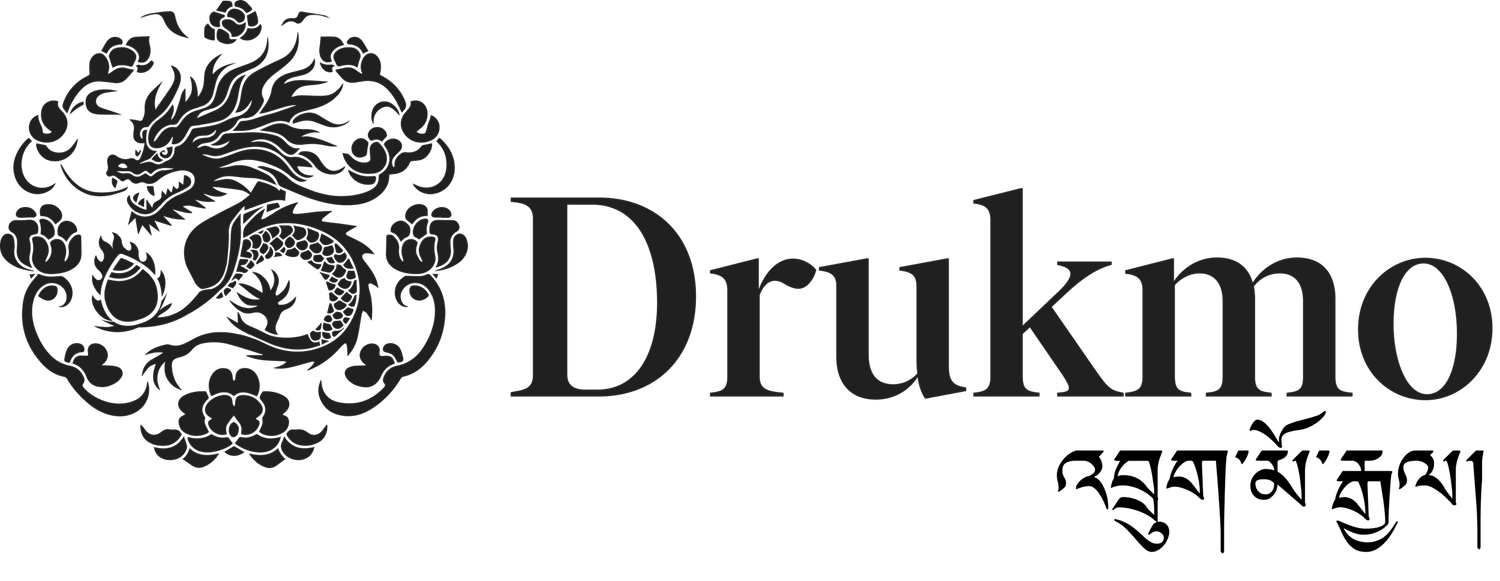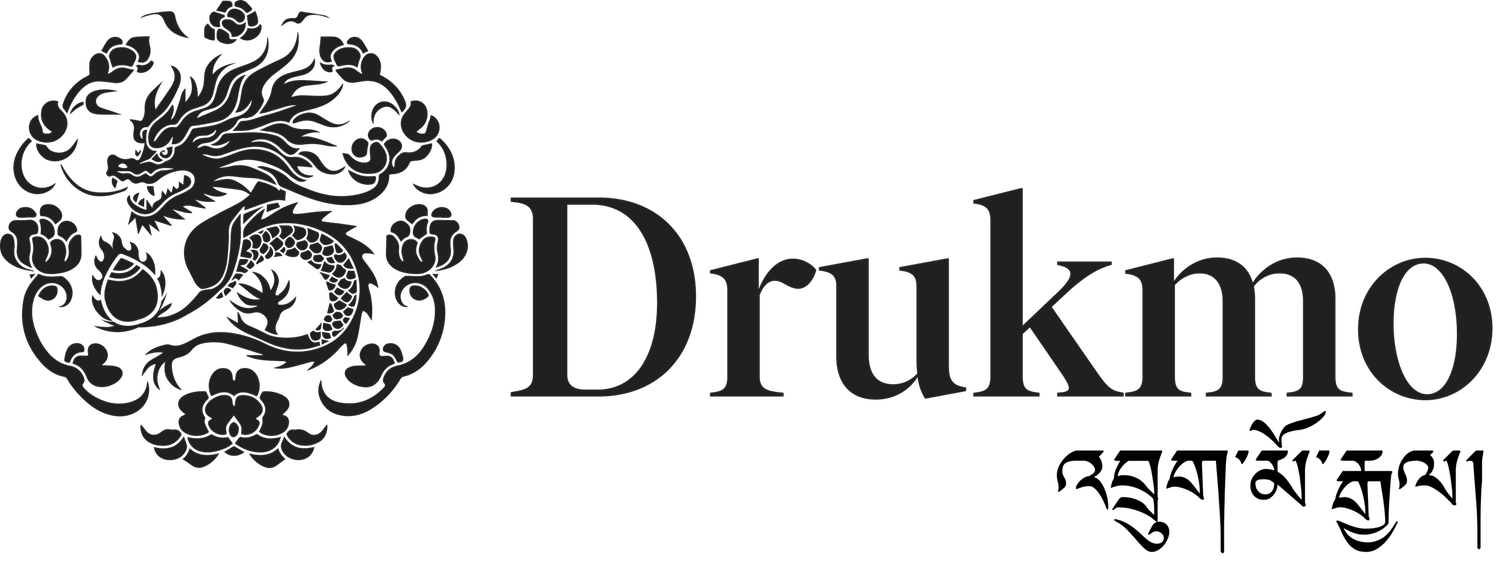 Image 1 of 1
Image 1 of 1


Wind རླུང་
Discover the 'Wind Element Chants: Tibetan Healing Mantras,' focusing on the wind element, crucial in Tibetan philosophy for life force and mental agility. These chants are tailored to harmonize the wind element within, promoting mental clarity, emotional balance, and a rejuvenated spirit.
In Tibetan medicine, wind, or "rlung" (pronounced "lung"), is one of the three principal energies or humors that govern physical and mental health. These three humors are Wind (rlung), Bile (mkhris-pa), and Phlegm (bad-kan). The concept of rlung is integral to understanding how Tibetan medicine views the balance and harmony within the body.
Characteristics of Wind (rlung):
Elemental Basis: Wind is associated with the air element and is characterized by movement and change.
Functions:
Governs breathing and circulation.
Controls movement and nervous system activities.
Influences mental processes, including thoughts and emotions.
Regulates speech and sensory functions.
Imbalance and Symptoms:
When rlung is imbalanced or disturbed, it can lead to various physical and psychological issues. Common symptoms of rlung imbalance include:
Anxiety, stress, and mental unrest.
Insomnia and restlessness.
Dryness of the skin and mucous membranes.
Digestive issues, such as gas and bloating.
Joint and muscle pain, often of a migratory nature.
Causes of Imbalance:
Factors that can disturb the balance of rlung include:
Irregular lifestyle and erratic schedules.
Excessive mental activity or emotional stress.
Consumption of dry, cold, or rough foods.
Exposure to cold and windy environments.
Treatment and Balancing:
To restore the balance of rlung, Tibetan medicine recommends various approaches:
Diet: Eating warm, moist, and oily foods that are easy to digest.
Lifestyle: Maintaining a regular routine, engaging in gentle exercises, and ensuring adequate rest.
Herbal Remedies: Using specific herbs and formulations that pacify wind, such as nutmeg, cloves, and cardamom.
Therapies: Practices like massage, cupping, and moxibustion can help regulate rlung.
Overall, the concept of wind in Tibetan medicine emphasizes the importance of maintaining balance and harmony within the body and mind to promote overall health and well-being.
Discover the 'Wind Element Chants: Tibetan Healing Mantras,' focusing on the wind element, crucial in Tibetan philosophy for life force and mental agility. These chants are tailored to harmonize the wind element within, promoting mental clarity, emotional balance, and a rejuvenated spirit.
In Tibetan medicine, wind, or "rlung" (pronounced "lung"), is one of the three principal energies or humors that govern physical and mental health. These three humors are Wind (rlung), Bile (mkhris-pa), and Phlegm (bad-kan). The concept of rlung is integral to understanding how Tibetan medicine views the balance and harmony within the body.
Characteristics of Wind (rlung):
Elemental Basis: Wind is associated with the air element and is characterized by movement and change.
Functions:
Governs breathing and circulation.
Controls movement and nervous system activities.
Influences mental processes, including thoughts and emotions.
Regulates speech and sensory functions.
Imbalance and Symptoms:
When rlung is imbalanced or disturbed, it can lead to various physical and psychological issues. Common symptoms of rlung imbalance include:
Anxiety, stress, and mental unrest.
Insomnia and restlessness.
Dryness of the skin and mucous membranes.
Digestive issues, such as gas and bloating.
Joint and muscle pain, often of a migratory nature.
Causes of Imbalance:
Factors that can disturb the balance of rlung include:
Irregular lifestyle and erratic schedules.
Excessive mental activity or emotional stress.
Consumption of dry, cold, or rough foods.
Exposure to cold and windy environments.
Treatment and Balancing:
To restore the balance of rlung, Tibetan medicine recommends various approaches:
Diet: Eating warm, moist, and oily foods that are easy to digest.
Lifestyle: Maintaining a regular routine, engaging in gentle exercises, and ensuring adequate rest.
Herbal Remedies: Using specific herbs and formulations that pacify wind, such as nutmeg, cloves, and cardamom.
Therapies: Practices like massage, cupping, and moxibustion can help regulate rlung.
Overall, the concept of wind in Tibetan medicine emphasizes the importance of maintaining balance and harmony within the body and mind to promote overall health and well-being.

